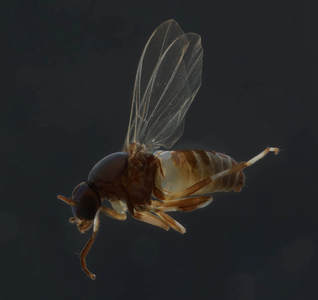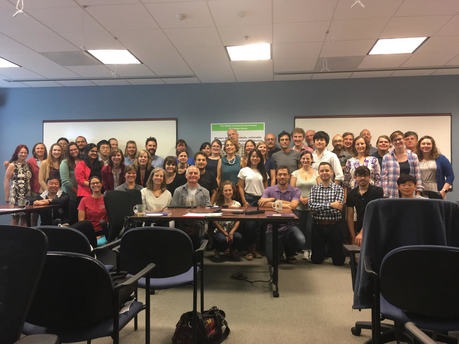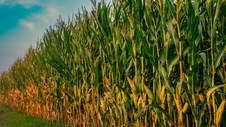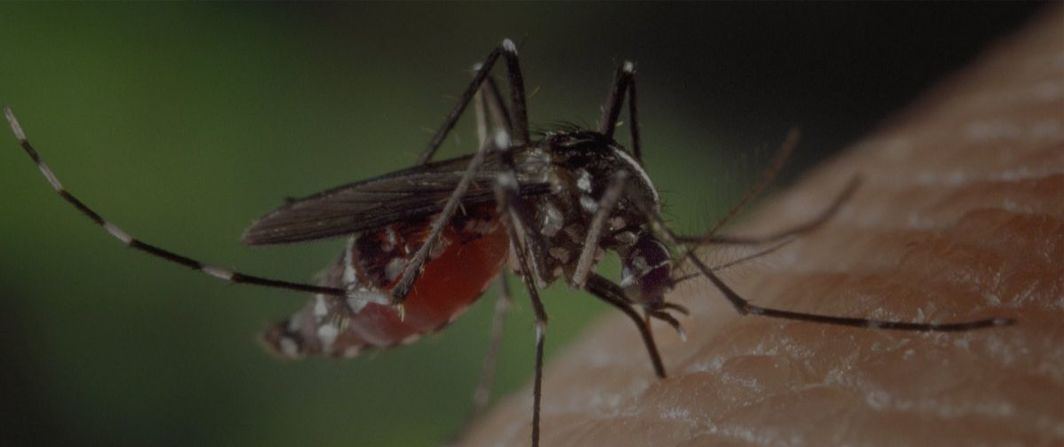|
With West Nile numbers up, WTOP asks Professor Mike Raupp, mosquito season-when will it end?
https://wtop.com/health-fitness/2018/09/west-nile-virus-up-dramatically-mosquito-season-still-not-over/ The relationship between humans and the “gnat-like” pest - the black fly, Simulium jenningsi9/24/2018
 Black fly, Simulium jenningsi; Photo credit: Jake Bodart Black fly, Simulium jenningsi; Photo credit: Jake Bodart Written by: Lisa Kuder, PhD student, vanEngelsdorp Lab & Kelly Kulhanek, PhD student, vanEngelsdorp Lab Swarming, biting insects that shroud their victims in a seemingly inescapable cloud can certainly put a damper on outdoor activities. This is a common scenario in parts of the Mid-Atlantic Region situated near fast-moving rivers like the Potomac. In 2013, the public and economic impacts of biting insects moved residents from Washington County, Maryland to seek help from their state delegate and from UMD’s aquatic insect lab. The main culprit that locals tend to call “gnats” turned out to be black flies, Simulium jenningsi (Order: Diptera). In response to complaints about the nuisance fly, Becca Wilson-Ounekeo, a PhD candidate in UMD’s Entomology Department, set out to learn more about the biology, distribution, and public impact of the black fly. She soon embarked on research that would incorporate citizen-science and intensive field work.  Written by Elizabeth Brandt. Elizabeth Brandt is a M.S. student in Dr. David Hawthorne’s lab studying the detoxification gene pathways of the honey bee. On an extremely wet Saturday in Annapolis, the UMD Entomology department gathered at the downtown offices of SESYNC for their annual Department Retreat. The retreat is designed for all members of the department to come together at the beginning of a new academic year to discuss the past year’s developments and accomplishments, and to synthesize a strategic plan for the coming year. Part of the retreat’s agenda includes a series of short research talks given by graduate students, postdocs, and faculty. For the 2018 retreat, the department welcomed two new faculty members, Dr. Karin Burghardt and Dr. Anahí Espíndola. Each gave a short talk about their research interests.  UMD Scientists, Heather H. Disque, Kelly A. Hamby , Aditi Dubey , Christopher Taylor and Galen P. Dively, assessed the effects of clothianidin‐treated seed on arthropod communities. Read their findings in their recent paper, "Effects of clothianidin‐treated seed on the arthropod community in a mid‐Atlantic no‐till corn agroecosystem", published in Pest Management Science. |
Categories
All
Archives
June 2024
|
Department of Entomology
University of Maryland
4112 Plant Sciences Building
College Park, MD 20742-4454
USA
Telephone: 301.405.3911
Fax: 301.314.9290
University of Maryland
4112 Plant Sciences Building
College Park, MD 20742-4454
USA
Telephone: 301.405.3911
Fax: 301.314.9290


 RSS Feed
RSS Feed




